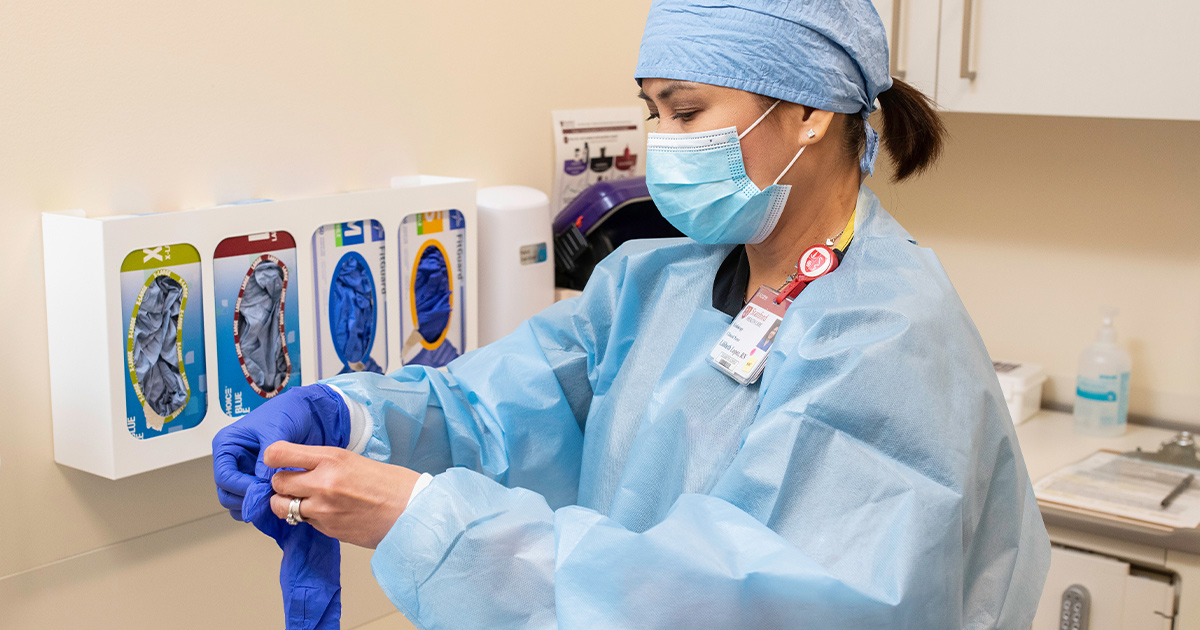Nurses and Nurse Coordinators
Nurses and nurse coordinators are registered nurses who coordinate your care during your heart assessment. They guide you from your first contact through follow-up and help you find counseling, financial assistance, and other support services.
Patient Care Coordinators
Our patient care coordinators help you with scheduling appointments and accessing your lab results. They are your first line of contact before you see our doctors and will guide you during the assessment.
Registered Dietitians
Registered dietitians work closely with you and your family to help you meet your nutritional needs for heart health. Our dietitians help you learn about a nutritious diet to maintain lifelong health.
Physical Therapists
Physical therapists help you maintain strength and function with movement and endurance exercises.
Research Coordinators
Doctors at Stanford Health Care participate in research efforts to advance the understanding of heart failure and its treatment. Research coordinators help screen candidates for possible participation in clinical research trials.









